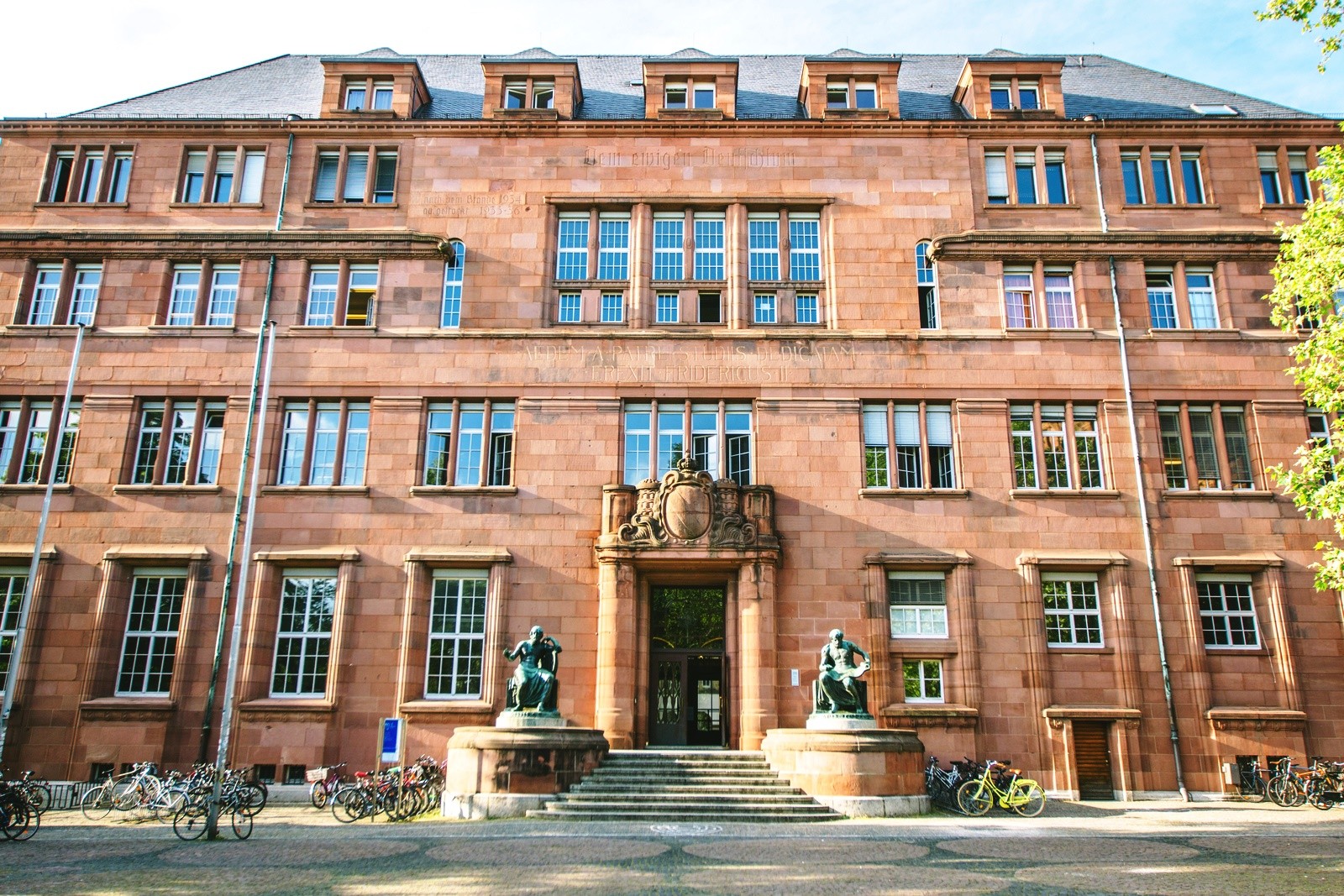University of Freiburg: Renowned Historian Jörn Leonhard Awarded 2024 Gottfried Wilhelm Leibniz Prize from Freiburg
Prof. Dr. Jörn Leonhard. Photo: Thomas Kunz
Leonhard is being honoured for his his work in the field of European and transatlantic cultural and political history of the 19th and early 20th century. The award, which is endowed with 2.5 million euros, is considered the most important research funding prize in Germany. Leonhard is one of a total of ten prizewinners selected by the selection committee from 150 proposals. To date, a total of 14 scientists from the University of Freiburg have received the prestigious award.
“I warmly congratulate Jörn Leonhard on being awarded the Leibniz Prize,” says Prof. Dr Kerstin Krieglstein, Rector at the University of Freiburg. “Professor Leonhard has made an outstanding contribution to understanding the 20th century European history and its impact up to the present day. He has played a key role in shaping the Department of History at the University of Freiburg and, in light of its new research profile, the University’s entire development.”
Award as “appreciation of historical scholarship”
“I am very pleased about receiving this special honour for my work,” says Jörn Leonhard. “I also view it as an appreciation of historical scholarship, its methodological innovativeness and its relevance to questions of our present day. Research needs a place, a space and a special environment. I recognise how much I owe to this University, the generous support for my work, the encouragement from colleagues and the exchange with outstanding postdocs, doctoral students and students.”
After studying in Heidelberg and Oxford, UK, Jörn Leonhard received his doctorate from the University of Heidelberg in 1998. After a research fellowship at the University of Oxford between 1998 and 2003, he habilitated in 2004 at the University of Heidelberg in the field of modern history and initially accepted an appointment at the University of Jena in 2004 before moving to the University of Freiburg in 2006. He turned down offers from the Humboldt University of Berlin, Jena, Bochum and the Institute for Advanced Study in the Humanities in Essen.
Comparison, transfer, integration
His research focusses on European history and global historical perspectives on the 19th and 20th centuries, particularly on the topics of war and peace, empires and nation states as well as liberalism and nationalism. His work is methodologically orientated towards the triad of comparison, transfer and integration. In 2014, he published the monograph Die Büchse der Pandora. Geschichte des Ersten Weltkriegs (Pandora’s Box: The History of the First World War), which won numerous awards and is also recognised internationally as a standard work on the First World War. This was followed in 2018 by the book Der überforderte Frieden: Versailles und die Welt 1918-1923 (Strained peace: Versailles and the World 1918-1923). He is currently working on the sequel volume as part of the research project, “Die Krisen der Welt. Eine Globalgeschichte 1918-1941” (“World Crises: A Global History 1918-1941”), which was awarded an Opus Magnum grant by the Volkswagen Foundation in 2021. In 2023, he published two monographs: Empires. Eine globale Geschichte 1780-1920 (Empires. A Global History 1780-1920) co-authored with Ulrike von Hirschhausen, and most recently Über Kriege und wie man sie beendet (On Wars and How to End Them).
In 2010, Jörn Leonhard received the Baden-Württemberg State Research Prize for basic research. He is a full member of the Heidelberg Academy of Sciences and Humanities, a Fellow of the Royal Historical Society London and an Honorary Fellow at Wadham College, University of Oxford
Cluster of Excellence initiative ConTrans
Jörn Leonhard is one of the three spokespersons for the Cluster of Excellence initiative “Constitution as Practice in Times of Transformation” (ConTrans) at the University of Freiburg. Its aim is to establish international and interdisciplinary constitutional research in the humanities and social sciences. This initiative seeks to strengthen an innovative understanding of how constitutions and constitutionalism are dealt with and asks, from antiquity to the 21st century and in global comparison, what holds societies and political systems together or what causes integration to fail. In a present characterised by manifold crises, this research initiative exemplifies the importance of historically oriented, interdisciplinary humanities and social sciences. ConTrans is one of a total of seven Cluster of Excellence initiatives at the University of Freiburg.

